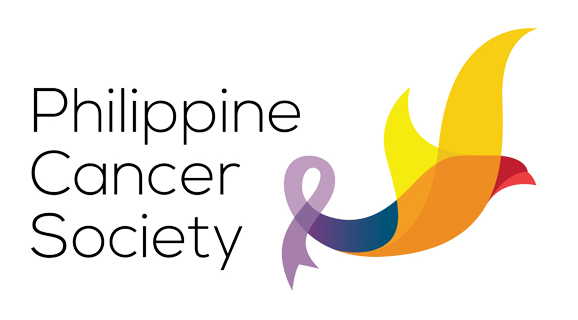
The World Health Organization-International Agency for Research on Cancer (WHO-IARC) has rated the Philippine Cancer Society’s (PCS) cancer registry data as “high quality” in the regional level. This was according to the global health agency’s Cancer Surveillance section in a recent report for the WHO-IACR’s Cancer Incidence in Five Continents.
The PCS’ population-based cancer registry earned the high rating based on WHO-IARC stringent standards of validity, accuracy and completeness of coverage. The high score affirms the value of the population-based cancer registry (PBCR) in planning and evaluating cancer control programs globally, in the regional and national levels.
The high grade of the Society’s cancer registry is significant amidst pending legislation in Congress on the enactment of the National Integrated Cancer Control Act to curb the 3rd killer disease in the country.
Started in 1984 when the Society shifted to PBCR from its hospital-based registry, statistical data on cancer incidence, mortality and survival provided by the PCS have defined the cancer burden in the Philippines.
The PCS, in collaboration with WHO-IACR based in Lyon, France, reports its PBCR results along with other member-countries in the online Globocan, using world standard registry methodologies, and in “Cancer Incidence in Five Continents,” the reference source of data on the international incidence of cancer that is published every five years.
PCS manages the data collection, and WHO-IARC analyzes the quality of the data and produces summaries defining the cancer burden of the Philippines. The population-based registry reports the cancer burden within a specified geographical area of residence, considering only the residents of the target locality. It collects data from all cancer facilities and civil registries within the said geographical area.
In contrast, hospital-based registry captures only the cancer cases within the confines of a hospital. One patient can be counted several times in each hospital he consults or visits; patients within the hospital would come from different areas of residence in the country. This registry is good for in-hospital evaluation of its care of cancer patients but does not by itself define the country’s cancer burden.
Hospital-based cancer registry is applicable only to the hospital from where the data came, defining the hospital’s treatment outcomes. All hospitals should have their own hospital-based cancer registries. The hospital-based cancer registries contribute partially to the population-based cancer registry but cannot replace it.
The Philippine PBCR covers the four original cities of Metro Manila and the entire province of Rizal (areas with the highest population density). The extrapolated data gives a clearer picture on how cancer can be prevented and controlled and what types of cancer need to be addressed by policy-makers and program planners in the health sector, on a national perspective.
From the PCS Cancer Registry, the top ten cancers in the country (incidence) are breast, lung, colon-rectum, liver, cervix, prostate, leukemia, thyroid, stomach and ovary. The incidence of cancer increases with advanced age. Childhood cancer (0-14 years) comprised only 2.2% of all cancer cases while 25% occurred among persons 65 years and older.

